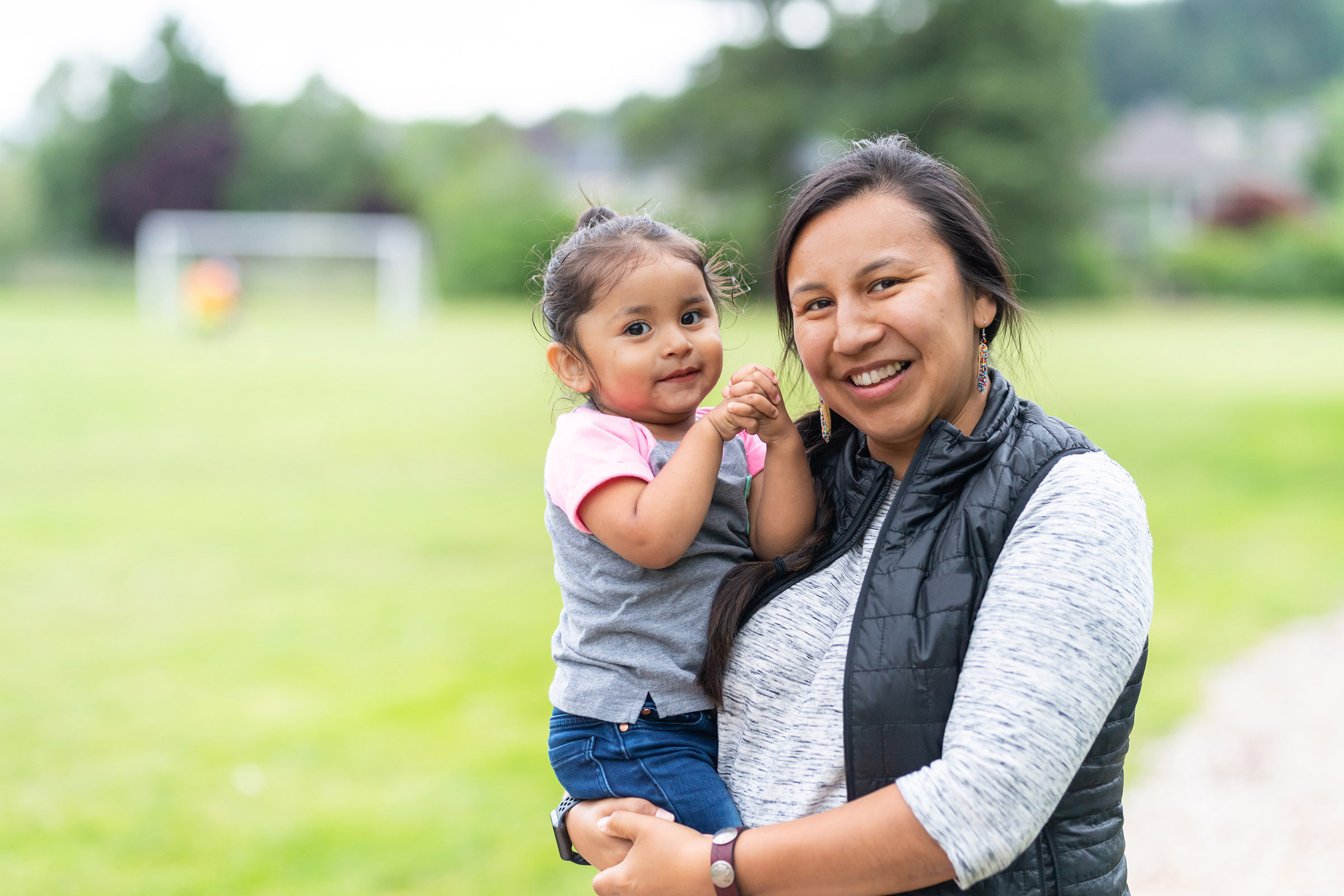The Jordan Institute for Families works to ensure that all families in North Carolina and beyond thrive in safe, stable and nurturing families. We believe everyone deserves a healthy and strong foundation to grow and flourish.
To that end, the Jordan Institute’s work is grounded in social work and the code of ethics and core values that guide the profession, including the understanding that all people have inherent worth.
With this focus in mind, the Jordan Institute adopts a life-span approach to its work, recognizing that there are sensitive periods of development within every individual’s life from preconception to early childhood, adolescence and adulthood. Individuals and families encounter challenges and opportunities that impact their emotional, physical and economic growth and well-being across their life.
Local, state and national policies and practices play a vital role in creating conditions where people can thrive. For example, research has shown that individuals who lack access to education, employment, housing, safety, nutrition and transportation are more likely to face obstacles for success compared to those with easy access to these critical needs.
We recognize that organizations are powered by people. And that the individuals who manage and lead programs that serve families are also in need of community, continuing education, training and technical assistance. Our new leadership initiative builds on the phenomenal legacy set by Mrs. Deloris Jordan who models a spirit of commitment, creativity, and excellence.
Finally, the Jordan Institute understands the root causes of these inequities and how the long history of structural inequities continue to influence the economic and health of our nation today. As a result, our research work and professional training are centered on the uplift of all people and addressing the limited opportunities that many families face due to historical trauma and inter-generational poverty.

